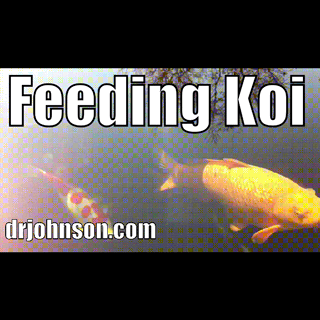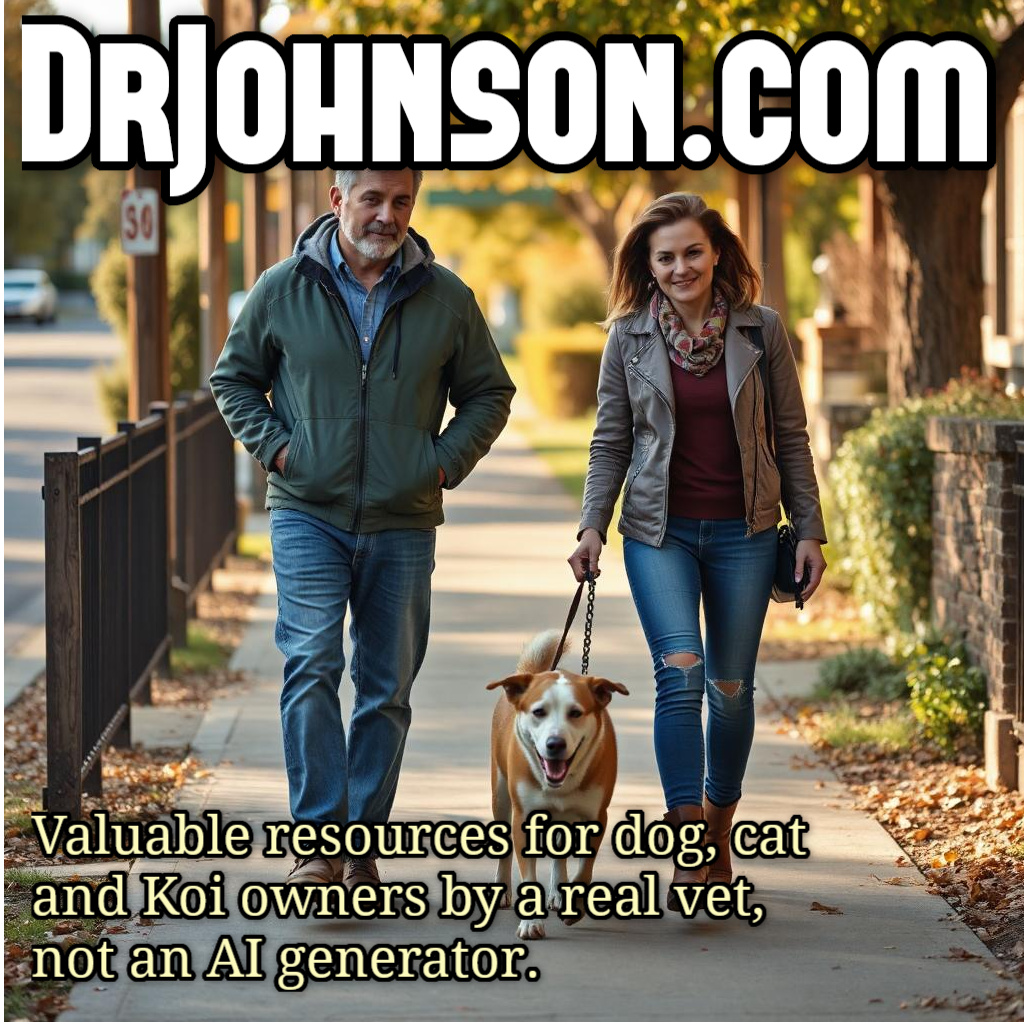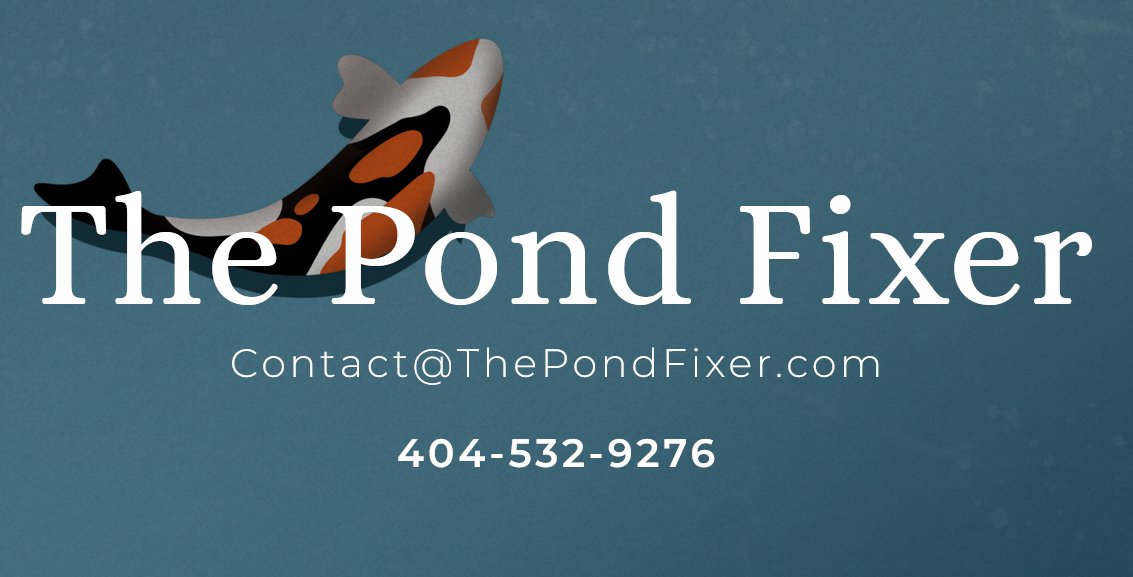“Proper” Koi ponds are engineered to be easy to clean, and they meet the housing needs of the fish over any other ancillary purpose. What defines a “proper” koi pond is dependent upon the ego of the person you’re talking to. The more inflated the ego, the more narrowly you will find “proper” is defined. You might also notice that “proper” among the most bellicose of pundits is ONLY equivalent to what THEY have installed in their yard, to the exclusion of all other obviously “wrong” concepts.
 I digress, but thanks for allowing me. A proper Koi pond by any definition is a rather sterile above ground or attractive in-ground container of water lined with rubber. The filtration system is usually copious, but so effective as to render water that is “gin” clear. This is one of the two main ponds I have, and in truth I enjoy it for my finest collector-Koi because it’s “All about them” and they really thrive with that kind of environmental control. As a high performance machine, the filtration requires regular adjustment, backwashing and tweaking and the water requires regular testing because there is no stone to buffer pH. The fish show up beautifully on the black rubber background and cleaning the stuff off the bottom is as easy as pushing it to the bottom drain with a hose with fish in place. There is no Spring cleanout. Instead, my investments in time are small, but almost daily. In my case, the “proper” Koi pond is a fairly obtuse, ugly box of water otherwise. I mention this in a nutrition article because “Where is the natural forage?” There is very little I must supply ALL the nutrition to these fish and so I have complicated, but gained greater control over, my hobby.
I digress, but thanks for allowing me. A proper Koi pond by any definition is a rather sterile above ground or attractive in-ground container of water lined with rubber. The filtration system is usually copious, but so effective as to render water that is “gin” clear. This is one of the two main ponds I have, and in truth I enjoy it for my finest collector-Koi because it’s “All about them” and they really thrive with that kind of environmental control. As a high performance machine, the filtration requires regular adjustment, backwashing and tweaking and the water requires regular testing because there is no stone to buffer pH. The fish show up beautifully on the black rubber background and cleaning the stuff off the bottom is as easy as pushing it to the bottom drain with a hose with fish in place. There is no Spring cleanout. Instead, my investments in time are small, but almost daily. In my case, the “proper” Koi pond is a fairly obtuse, ugly box of water otherwise. I mention this in a nutrition article because “Where is the natural forage?” There is very little I must supply ALL the nutrition to these fish and so I have complicated, but gained greater control over, my hobby.
The more inflated the ego, the more narrowly you will find “proper” is defined.
Indoor Koi Ponds
Indoor Koi ponds are worth mentioning because there is absolutely ZERO natural forage and they face challenges of maintaining coloration without the benefit of unfiltered sunlight. These installations and feeding situations are difficult. Food selections must be optimal, some fresh proteins and plant material should be provided, and as much natural sunlight as possible brought to bear on the fish.






